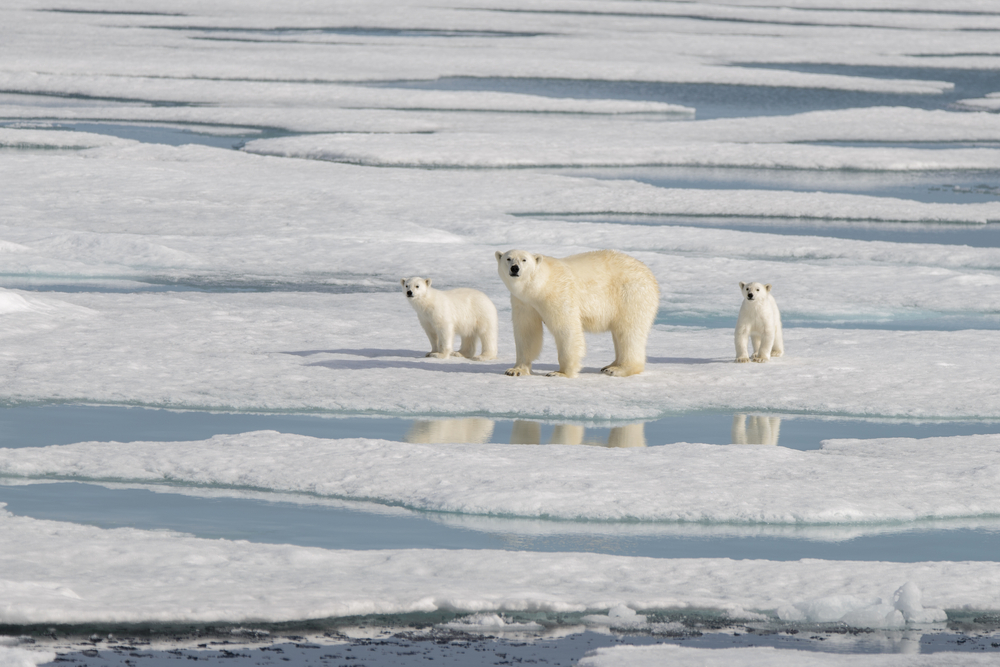Applicants are invited for a four-year Doctoral (PhD) Scholarship, starting January 2023 (or as soon as possible thereafter), as part of the SFI-IRC Pathway project Exploring the Arctic Archive: Recovering Documentary Visual and Literary Sources of the Circumpolar North in the Long Nineteenth Century.
Project Overview
This interdisciplinary project explores the documentary art and literature of the western Arctic environment (in Alaska, Canada, Greenland, and the Nordic countries) during the long nineteenth century (1789-1914) and recovers scattered materials that can be difficult for researchers to locate. These include drawings, sketches, paintings and their adjacent texts, which show the region as represented by Indigenous peoples, settlers, and travellers to the circumpolar North. This is not the perpetually icy and terrible space that appears repeatedly during the nineteenth century in public contexts, but a biodiverse, inhabited, and seasonal place. The work aims to rewrite the history of the visual representation of the Arctic and to upend popular stereotypes.
University of Galway Doctoral (PhD) Scholarship, ‘Exploring the Arctic Archive: Recovering Documentary Visual and Literary Sources of the Circumpolar North in the Long Nineteenth Century’
The topic of the PhD research should fall broadly within the project’s field of attention (by engaging with aspects of travel, Arctic studies, visuality, or the archive). Applicants are invited to develop their own ideas in response to the overall theme. Proposals could focus, for example, on a sub-period from the eighteenth to twentieth centuries, on individuals or groups of writers and/or artists, on specific themes, territories, or peoples in the Arctic. In addition to pursuing your research, you will also work with the PI and supervisor, Dr Eavan O’Dochartaigh, in populating a database with information gathered in archival repositories and be responsible for co-creating an online exhibition with the PI.
The PhD Scholarship
This exciting opportunity will cover the candidate’s PhD fees and provide the successful applicant with an annual stipend of €18,500. There is funding available from the project for travel to archival repositories as well to attend up to two conferences per year for the first three years.
The successful candidate will be situated at University of Galway, within the Moore Institute under the supervision of Dr O’Dochartaigh, Prof. Daniel Carey, and a Graduate Research Committee. They will be enrolled in the structured 4-year PhD Programme in the Department of English and will be able to avail of taught modules as well as short courses offered by the Researcher Development Centre at University of Galway. Interdisciplinarity is encouraged, and a third supervisor in a related discipline can be appointed if necessary.












Comments